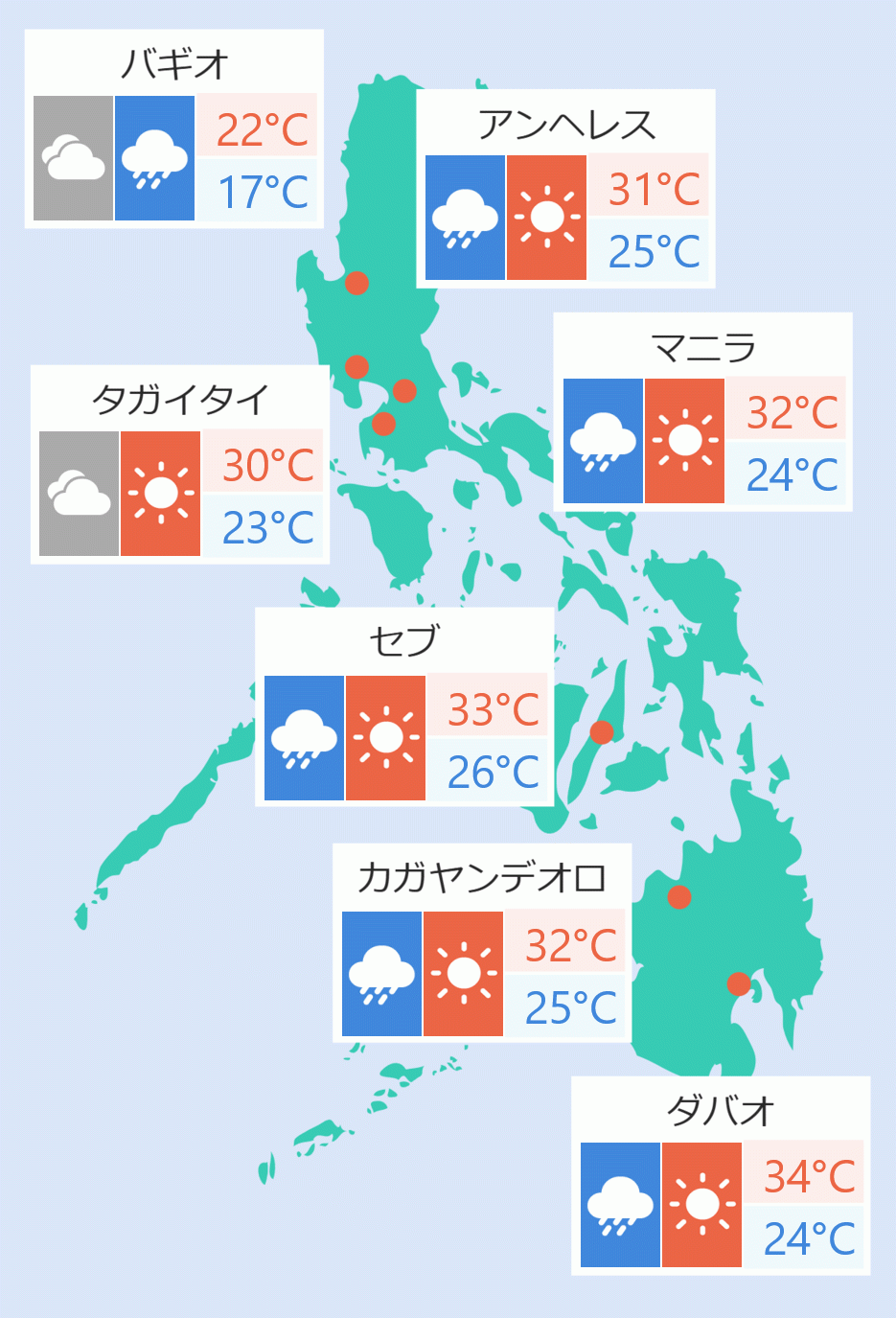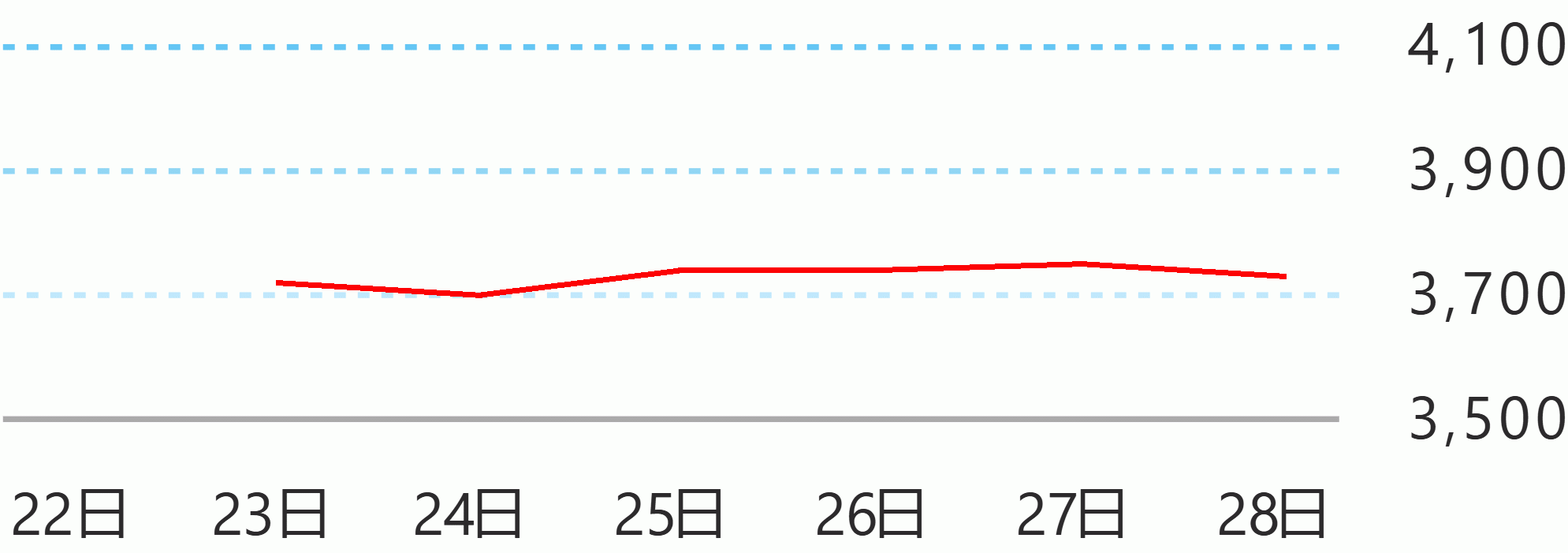By Robina Asido
The Reciprocal Access Agreement (RAA) between Philippines and Japan will officially enter into force next month following the exchange of notes on Tuesday.
The ceremonial exchange of notes which "confirms the completion of domestic procedures required for the implementation of the RAA" was led by Foreign Affairs Secretary Maria Theresa Lazaro and Ambassador of Japan in the Philippines Endo Kazuya at the Department of Foreign Affairs (DFA's) office in Pasay City.
The event was also witnessed by Defense Secretary Gilberto Teodoro Jr. and other officials from the Department of National Defense, DFA and Japan Embassy.
In his speech, Endo announced that "the RAA will officially enter into force on September 11, 2025."
"This swift and decisive progress speaks to the urgency and strategic value both our nations attach to our security and defense cooperation," Endo said.
"Amid the challenging security environment, the RAA provides a practical framework for mutually beneficial defense cooperation by facilitating mutual visits of our forces for joint training, humanitarian assistance, and disaster response," he added.
Endo stressed that RAA strengthens the interoperability between Philippine - Japan forces and affirms their mutual readiness to decisively respond to emerging challenges and opportunities.
"This agreement goes beyond being a bilateral milestone. It is a momentous contribution to the realization of a Free and Open Indo-Pacific, in close cooperation with the Philippines, the United States, and other like-minded partners," he added.
Lazaro said the development also signifies "Japan's clear commitment to the Philippines' efforts to advance our defense capabilities in support of the Philippines' clear assertion of its sovereignty and sovereign rights in today's fast-evolving regional security landscape."
"It goes to demonstrates consistently the value of our strengthened strategic partnership towards the stability of the Indo-Pacific", she said.
"The RAA is a natural progression of cooperation between the Philippines Armed Forces and the Japanese Self-Defense Forces, from active cooperation on humanitarian assistance and disaster response activities to other aspects of capability and capacity building," she added.
Teodoro emphasized that with the agreement Japan and Philippine forces "can work together, but not for destabilizing the world order, but a shared purpose to preserve it against unilateral attempts to reshape the world order into the selfish benefit of parties to the exclusion of others."
"It also provides deterrence for those actors who may not see things the way we do and may not share our values. It provides resilience because not only will we be working with others, but we will be working with each other, close neighbors. And this resilience is not only in defense, but in defense industrial partnerships, in connectivity, in infrastructure, in technology, and in knowledge," he said.
Following the exchange of notes, Teodoro also expressed hope for the speedy conclusion of the "component agreements" including "access and logistics" needed for the full implementation of the RAA.
"I look forward to the conclusion, speedy conclusion, and I urge both sides to speedily conclude the component agreements that we need into making the RAA fully implementable," he said.
"Access agreements, logistics agreements. We need to have those arrangements... and then, of course, the constitution of the different bodies that will have to meet yearly," he added.
The RAA was signed by Teodoro and Japanese Foreign Minister Kamikawa Yoko in the presence of President Ferdinand Marcos Jr., Foreign Affairs Secretary Enrique Manalo and Japanese Defense Minister Kihara Minoru on July 8, 2024.
It was ratified by the Philippine Senate on December 16, 2024 and ratified by the Japanese Parliament on June 6 2025. DMS





 English
English









